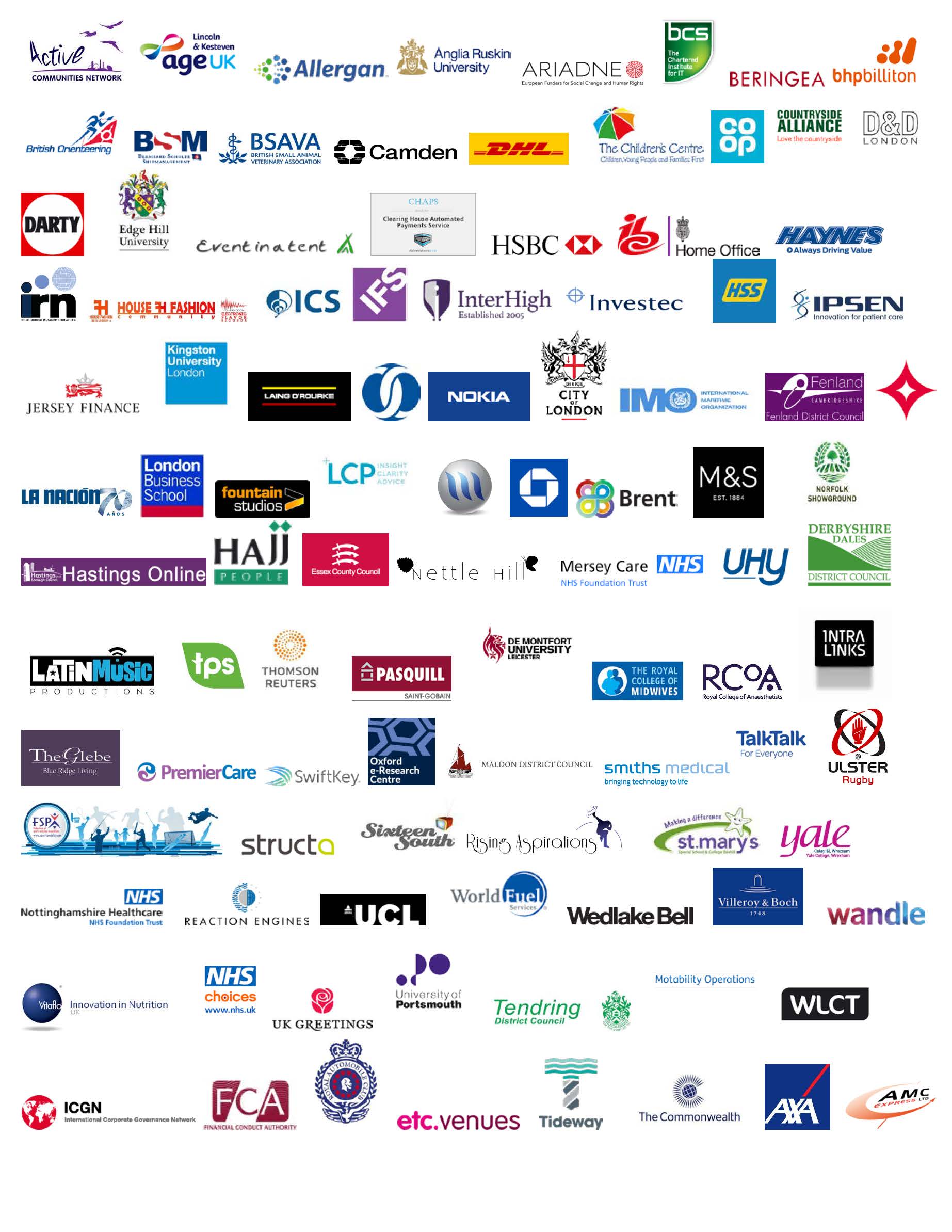Diploma in Management and Financial Services via Online Distance Learning
Benefiting from over 30 years’ experience, Fitzwilliam Institute’s Online Diploma in Management and Financial Services course features:
- Comprehensive modules covering all aspects of management and financial services: Introduction to Management, The Evolution of Management Thinking, Introduction to Information Systems, Organisational Analysis, Strategic Management, The Strategic Manager, Qualitative and Quantitative Management Research, Financial Management, Accounting for Performance, Managerial Decision Making, Managerial Economics, HR Management, Leadership, Risk Management, Fund Administration, Lending Practices, Deposit and Non Deposit Related Financial Services, and many more.
- Interactive course expert support, advice and guidance from leading industry professionals. Always ready to help and answer any questions you might have throughout the course, all of our course experts are top industry professionals with many years of successful experience across a broad range of industries. This course contains core and vital industry key skillset and, on completion, all of our students are industry-ready.
- Real life management and financial services briefs. Fitzwilliam Institute’s Diploma in Management and Financial Services offers practical and specific skills that can be applied in real world situations. You will gain exposure to invaluable toolkits and prepare real life management and financial services briefs, which will enable you to develop your work portfolio.
- Flexible online learning. Fitzwilliam Institute’s Diploma in Management and Financial Services course can be completed in your own time, from the comfort of your own home, to suit your lifestyle. You will have full access to online resources and subject expert support for 6 months. However, you can complete the course in as little as 3 - 4 months, by dedicating 6-8 hours of study per week.
- Jobs, Networking and Volunteer Opportunities. Benefiting from over 30 years of industry experience, Fitzwilliam Institute are extremely well placed within the industry. Employers are always looking for Fitzwilliam Institute’s students and alumni. Fitzwilliam Institute’s website features a comprehensive jobs and volunteer opportunities section.
1. Introduction to Management
Defining management, innovation in management, management skills, management and achievement, management roles, types of organisations, management and the workplace, the four management functions (planning, organising, leading, controlling).
2. The Evolution of Management Thinking
Management perspectives, historical trends, innovative management thinking, the learning organisation, management challenges, the environment and corporate culture, the organisation-environmental relationship.
3. Introduction to Information Systems
Introduction to information systems, business landscape, contemporary approaches to information systems, impact of information systems on organisations and the management decision process, models of decision making, electronic business, ethics in an information society, management reporting systems.
4. Organisational Analysis
Modern organisations, frameworks for organisational analysis, analysis of structures, organisational cultures, gender and identity, new directions in organisation theory and analysis.
PLANNING
5. Strategic Management
Defining strategic management, organisational direction, purpose of strategy, generating and selecting strategic options, the strategy management process, strategic formulation and implementation, constructing the strategy plan, macro and micro-environmental analysis. analysing internal resources and capabilities, organising design and strategy.
6. The Strategic Manager
Defining the strategic manager, thinking and acting strategically, the strategic plan, effective strategic processes, ideas, tools and techniques, operational responsibilities, change management, culture change, the business plan, analysing the current reality, formulating, evaluating and implementing strategy.
7. Qualitative & Quantitative Management Research
Methods and techniques, research design, data collection, data handling techniques, methods of analysis, research reports, analysis of variance, diagnostics and model development, introduction to Management Science modelling.
8. Financial Management
Introduction to financial management, principles of financial management, mechanisms for financial planning, financial management tools and concepts, financial decision making, techniques of financial appraisal, company performance, needs of stakeholders, sources of finance.
9. Accounting for Performance
Managerial accounting, budgetary planning and forecasting methods, interpreting budget outcomes, cost-structure analysis and profit calculation. Making decisions on pricing, cost control, cost reduction, analysing financial viability.
10. Managerial Decision Making
Types of decisions and problems, decision making models, development of alternatives, engaging in debate.
ORGANISING
11. Managing Human Resources
Human resources, the changing nature of careers, developing an effective workplace, selection process, appraisal, globalization, cultural competence, managing diversity, flexibility, uncertainty and change, review and reflection.
12. Managerial Economics
Economics as a theory of organisation, demand and supply and equilibrium, consumers and markets, strategic interaction and dynamic competition, uncertainty in behaviour and markets, information and efficiency.
LEADING
13. Dynamics of Behaviour in Organisations
Human behaviour, personality and individual differences, work motivation, decision making, rewards systems, leadership, groups and group processes, design of work, organisational culture and creativity.
14. Motivating Employers
The concept of motivation, foundations of motivation, motivating others, reinforcement, job design for motivation, empowering people, giving meaning to work.
15. Effective Performance in the Workplace
Company organisational culture and structures, building an effective workforce – recruitment, team selection, appointment and termination, training and appraisal, motivational strategies, competition in the workplace. Wage and salary administration, job restructuring.
16. Leadership
The nature of leadership, leadership versus management, leadership traits, matching leadership style with situation, power and influence, leading change, building a network, managing team conflict. Mentoring (setting goals, measuring progress, taking action).
17. Communication
Communication and the manager’s role, types of communication, building communication networks, communication and the different stakeholders, managing organisational communication, internal and external communication.
18. Entrepreneurship and Intrapreneurship
Managing creativity and innovation, the relationship between enterprise, entrepreneurship, intrapreneurship and self employment, setting up an organisation, entrepreneurial leadership, managing growth and sustainable entrepreneurial organisations, developing and managing national and global business networks and other key stakeholders.
CONTROLLING
19. Information Technology and E-Business
Information technology and management, knowledge management, technology, the Internet and E-business, implementing E-business strategies, going international.
20. Introduction to Financial Services
The Financial Service Sector, Defining A Bank, Introduction to Financial Regulations
21. The Changing Financial Services Sector
Size and Structure, Unit Banking and Branching, Holding Companies, Limited Service Facilities
22. Fund Administration
Funds, Realised and Unrealised Profits, Custody
23. Lending Practices
Types Of Loans, Lending Regulations , Lending Process, Consumer Credit, Mortgage Loans, Credit Card Loans, Credit Scoring, Lending to Businesses, Loan Applications, Pricing Loans
24. Deposit and Non Deposit Related Financial Services
Types of Deposits, Interest, Non-deposit Funds
25. Investment Planning
Investment Instruments, Choosing Instruments, Maturity Strategies, Management Tools
On successful completion of this course you will receive a Professional Diploma qualification that is certified and awarded by the ICM (Institute of Commercial Management).
The Institute of Commercial Management was founded in 1979 and is one of the leading Professional Examination and Certification Bodies in the world today. Fitzwilliam Institute have developed and provided practical skills training courses in liaison with the Institute of Commercial Management qualifications and certifications framework for over 25 years. The Institute of Commercial Management certifications and continual professional development training awards are recognised by leading industries, bodies and professions.
next start date: 2nd May 2025
Duration: You will have full access to online resources and subject expert support for one calendar year. However, you can complete the course in as little as 4 - 6 months, by dedicating 6-8 hours of study per week.
Course Fees: 795.00 GPB
To secure your place on the course the full fee is required. All fees must be paid in full before the course begins. Please note, the full course fees are inclusive of all course materials and certification costs.
Enrolment intake is strictly limited on this course. Early application is advised. Places are allocated on a first come first served basis.
Fitzwilliam Institute closes on Bank Holidays and for a number of days at Christmas and New Year. Fitzwilliam Institute reserves the right to postpone, cancel or alter courses without notice or to change any of the details in this brochure. Fees are not refundable unless the course is cancelled by Fitzwilliam Institute. Distance Learning courses are provided by Fitzwilliam Institute BGLS Ltd.
Year on year, we have the pleasure of training students from top UK and international companies. See where our most recent students come from and find out what they have to say.

